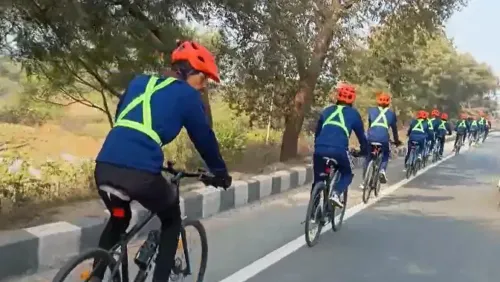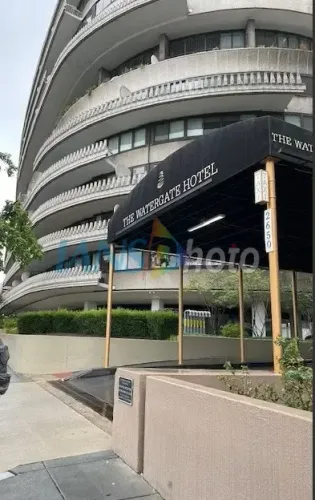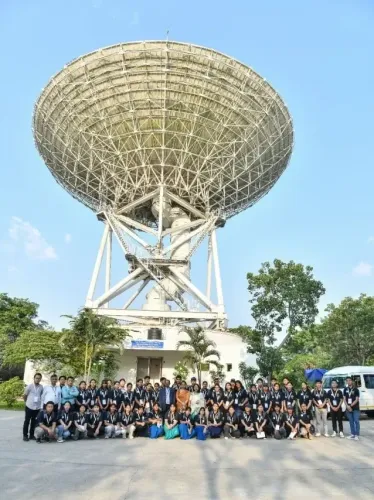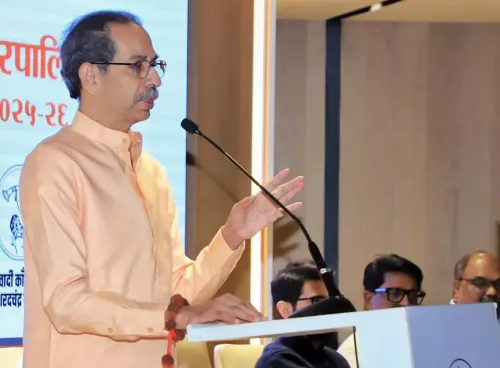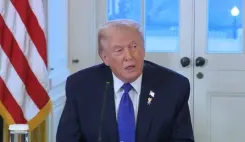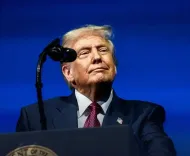Was the Pahalgam Attack a Conspiracy by Pakistan’s ISI?
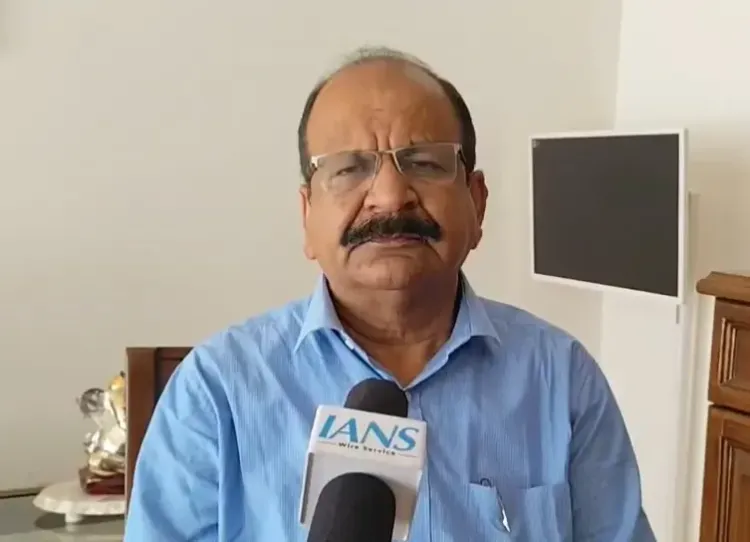
Synopsis
Key Takeaways
- Attack in Pahalgam was a coordinated conspiracy.
- Resistance Front claimed responsibility for the attack.
- Pakistan's ISI likely involved in the planning.
- Need for increased security during the Amarnath Yatra.
- Intelligence assessments should be based on thorough investigations.
New Delhi, April 27 (NationPress) Former NIA Director General (DG) Yogesh Chander Modi indicated on Sunday that the terror incident in Pahalgam’s Baisaran stemmed from a meticulously orchestrated conspiracy, likely devised on foreign soil, specifically across the border, with the intention of instilling panic among tourists.
In a one-on-one conversation with IANS, Yogesh Chander Modi elaborated on how Pakistan cannot distance itself from the Pahalgam incident, due to its longstanding support of the terror group Lashkar-e-Taiba (LeT) and its ongoing plots against India.
Significantly, The Resistance Front, associated with LeT, has claimed responsibility for the Pahalgam attack, which resulted in the tragic deaths of 26 civilians, predominantly tourists.
Here is the complete interview with former NIA chief Yogesh Chander Modi
IANS: Was there a deliberate plan behind the Pahalgam terror attack? Did they conduct reconnaissance? How could they have prepared in advance?
Yogesh Chander Modi: Such a heinous act cannot occur without strategic planning. It is my belief that extensive arrangements were made in Pakistan, while sleeper cells were activated here.
The perpetrators likely received some degree of local and logistical assistance from residents to carry out the assault, but these remain speculative at this point. The NIA is investigating these allegations. While specifics are still unknown, it is clear that this incident is part of a conspiracy formulated beyond our borders, with terrorists infiltrating the nation to execute it.
IANS: Was this a suicide mission akin to the Pulwama attack in 2019, or did they adopt a new method this time?
Yogesh Chander Modi: Terrorists frequently evolve their methods. The Pulwama attack in 2019 targeted a CRPF bus, while this time, tourists were the focus.
Moreover, reports indicate that tourists were killed after being religiously segregated, suggesting a significant shift in their terror strategies.
IANS: What is your perspective on the role of overground workers or local terrorists? Were they directed by handlers in Pakistan?
Yogesh Chander Modi: So far, there is no solid evidence linking the Pahalgam attackers with a local network in the valley. However, due to the confidential nature of the investigation, it is challenging to draw definitive conclusions at this time. It remains uncertain how many terrorists crossed the border and how many locals supported them in this cowardly act.
IANS: Do you believe intelligence agencies have failed in their duty? Did they make mistakes as claimed by political opponents? How significant is this intelligence failure?
Yogesh Chander Modi: It's simplistic to label this as an intelligence or security failure. Such broad statements do not contribute to progress. Until a thorough investigation is conducted, it is premature to label it as an intelligence shortcoming.
IANS: Political parties are engaged in a blame game over the Pahalgam incident. Could this derail the investigation against terrorists and their handlers?
Yogesh Chander Modi: Political disputes and blame games are expected in such events, but a skilled investigator remains unaffected by these dynamics. The government is committed to combating terrorism, and agencies will carry out their investigations within the set timeframe.
IANS: Does Pakistan’s intelligence agency, ISI, play a direct role in the Pahalgam attack?
Yogesh Chander Modi: The Resistance Front essentially serves as a proxy for the Pakistan-based Lashkar-e-Taiba (LeT). Although it operates as LeT’s front, the terror group has a history of receiving assistance from the Pakistani intelligence agency. It is plausible that ISI and its high-ranking officials participated in the planning of this heinous attack, though it is unclear what specific support they provided for the Pahalgam assaults.
IANS: What should the government’s strategy be now to prevent such incidents, especially with the Amarnath Yatra approaching?
Yogesh Chander Modi: Ensuring the safety of Amarnath pilgrims will be a top priority for security agencies. They have previously demonstrated their capability in organizing a secure pilgrimage for the Yatris. This year, they will work to thwart any malicious plan to disrupt the yatra.
IANS: Is there a need for reform in the NIA’s operations and tracking mechanisms, particularly concerning terrorism originating from Pakistan?
Yogesh Chander Modi: The NIA is a professional investigative body, comprising skilled officers and investigators. The agency inducts individuals with exceptional expertise. Furthermore, the current framework of the NIA is highly efficient and capable. One can expect a prompt and thorough conclusion from its investigation.
IANS: The Government has taken decisive actions to hold Pakistan accountable for harboring terror operations within its territory. What additional measures can be implemented to rein in this terror-sponsoring nation?
Yogesh Chander Modi: The government must adopt calculated approaches. It cannot solely rely on aggressive rhetoric and must weigh the pros and cons of its decisions carefully.
IANS: During the Pulwama attack, RDX was smuggled from Pakistan. Could a similar operation occur this time?
Yogesh Chander Modi: It appears that RDX did not play a role in the Pahalgam tragedy. The victims were brutally murdered by gunfire. This incident has shamed humanity and will further expose Pakistan.
IANS: What are your views on suggestions to enhance security measures?
Yogesh Chander Modi: The nation’s security framework is capable of addressing any crisis. With efficient and effective governance, it will maximize the use of available human resources and evolve into a stronger force.


